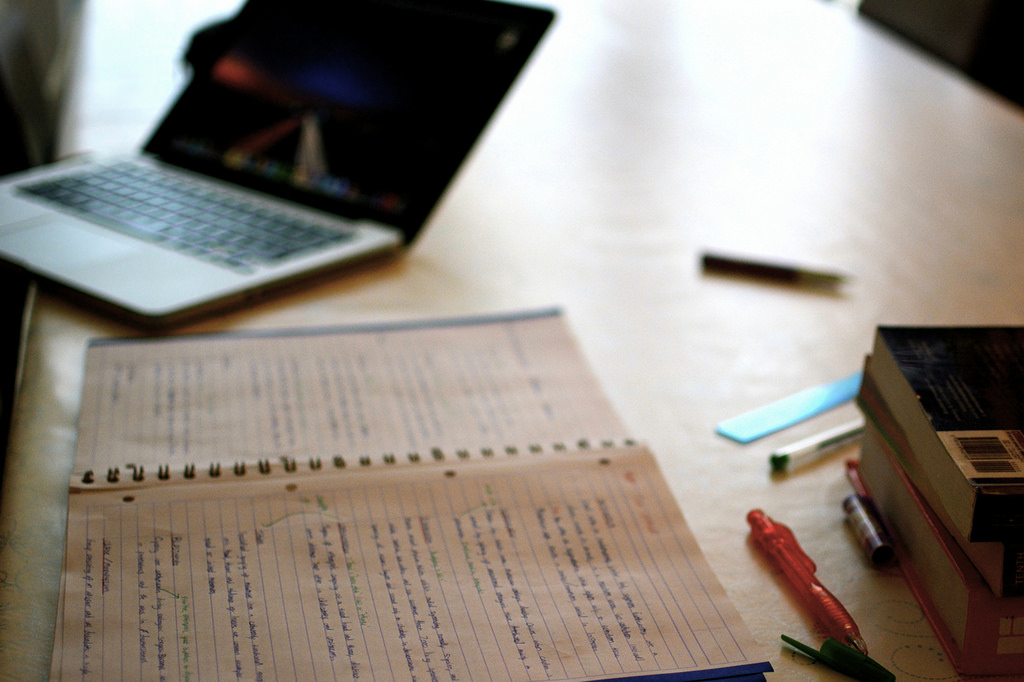Under Pressure
how parental pressure can negatively affect students
February 20, 2019
Most of the time, parents only want what’s best for their children. But sometimes, their intentions don’t come across in the most ideal way. Before the parents know what’s happening, they’ve put too many unrealistic, academic expectations on their children. These unreasonable goals affect kids more negatively than some would think.
Many children want to please their parents, and reaching expectations is one way to do that. But, when the expectations aren’t easily attainable, it can cause unneeded stress and anxiety in the kid’s life. According to the child development perspectives section on PubMed, there is a negative link between situational anxiety and academic performance. And when students are already loaded with homework, the goals can multiply the effects.
Doubt may come into play when high expectations are put on kids. When they can’t reach the goals set for them, the students may start doubting what they know and start performing even worse than before. A study done in 1998 by Hao and Bonstead-Bruns shows that when parent expectations don’t match what the student thinks they are capable of, their academic performance is likely to decline.
Something high-school-aged kids seem to have trouble with is self-worth. Putting unreachable expectations on kids can affect how they see themselves. A theory proposed in 1987 by E. Higgins highlights this idea. The theory of self-discrepancy states that when an individual’s ideal self and actual self are on opposing sides, there can be psychological implications. The students are in a war between what they think they should be and what they are. And even more added expectations from parents don’t help.
Some people argue that expectations from parents could improve their student’s work ethic, and more importantly, their grades. And, yes, it could and a lot of times does, but only when the parents provide reasonable expectations. The American Psychological Association has published research that shows while small expectations motivate students, overambitious goals given by parents may hinder their child’s learning experience. When the goals are unrealistic and nearly impossible to reach, it can discourage kids from even trying.
Parents should try and avoid putting unreasonable expectations and goals on their children. They should show their kids they care about their wellbeing by setting reasonable goals and letting the kids know that as long as they do their best, any grade is acceptable.
